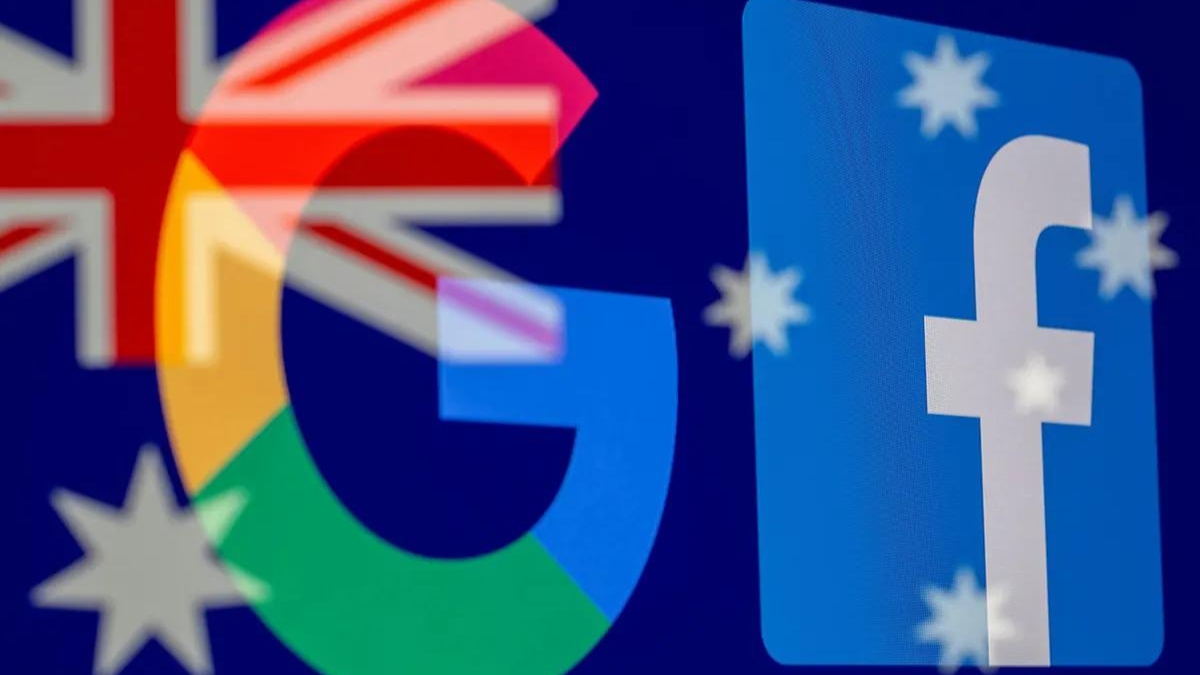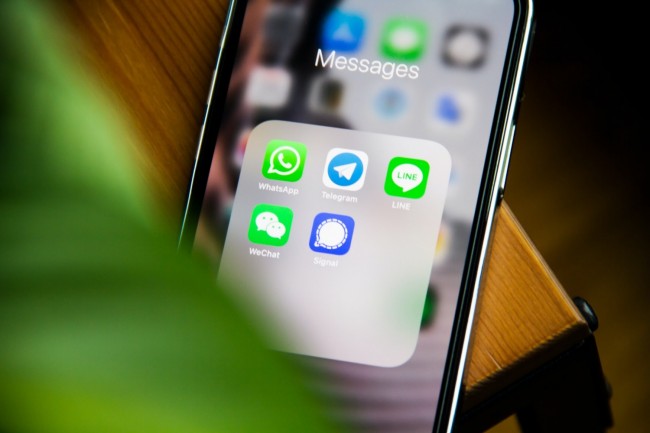
(Image credit- ABC News) With the development o...
news-extra-space

 Image credit- Tech Times[/caption]
The requirement that the harm must be "imminent" was eliminated from the code, and it was replaced with a definition of a "severe and credible threat."
It also includes a commitment to give consumers fundamental information about how to use "recommender systems," such as Twitter's suggested tweets or TikTok's For You page, as well as the alternatives connected to their content.
In order to encourage participation from smaller platforms, the legislation also mandates transparency reporting for services in Australia with fewer than 1 million active monthly users.
According to the study, ACMA praised changes that increase transparency regarding where individuals may make complaints.
[caption id="" align="aligncenter" width="960"]
Image credit- Tech Times[/caption]
The requirement that the harm must be "imminent" was eliminated from the code, and it was replaced with a definition of a "severe and credible threat."
It also includes a commitment to give consumers fundamental information about how to use "recommender systems," such as Twitter's suggested tweets or TikTok's For You page, as well as the alternatives connected to their content.
In order to encourage participation from smaller platforms, the legislation also mandates transparency reporting for services in Australia with fewer than 1 million active monthly users.
According to the study, ACMA praised changes that increase transparency regarding where individuals may make complaints.
[caption id="" align="aligncenter" width="960"] Image credit- HT Tech[/caption]
However, not all of the issues raised by ACMA in the submission are addressed by the modified code. Building a stricter reporting system and expanding the code to cover "mis- and misinformation" on massive group messaging systems are two examples of this.
Notably, during the 2019 election, fake reports of kidnappings spread over Facebook messaging in Australia and India.
Although Acma emphasised that it had called for additional regulatory authorities and better regulatory oversight of platform activities in 2021, it stated that it would first study the modified code before making any further recommendations to the government.
Businesses that have endorsed the code publish reports describing their initiatives to combat false information. Despite this, the ACMA has made it clear that it needs additional official information-gathering capabilities, including the ability to request data from Australia regarding the effectiveness of measures to combat misinformation and disinformation.
Sunita Bose, managing director of DIGI, once described the code as an essential safeguard for Australians against the harms caused by false information. Since then, the business has vowed to continue improving the code.
Image credit- HT Tech[/caption]
However, not all of the issues raised by ACMA in the submission are addressed by the modified code. Building a stricter reporting system and expanding the code to cover "mis- and misinformation" on massive group messaging systems are two examples of this.
Notably, during the 2019 election, fake reports of kidnappings spread over Facebook messaging in Australia and India.
Although Acma emphasised that it had called for additional regulatory authorities and better regulatory oversight of platform activities in 2021, it stated that it would first study the modified code before making any further recommendations to the government.
Businesses that have endorsed the code publish reports describing their initiatives to combat false information. Despite this, the ACMA has made it clear that it needs additional official information-gathering capabilities, including the ability to request data from Australia regarding the effectiveness of measures to combat misinformation and disinformation.
Sunita Bose, managing director of DIGI, once described the code as an essential safeguard for Australians against the harms caused by false information. Since then, the business has vowed to continue improving the code.
Leave a Reply






